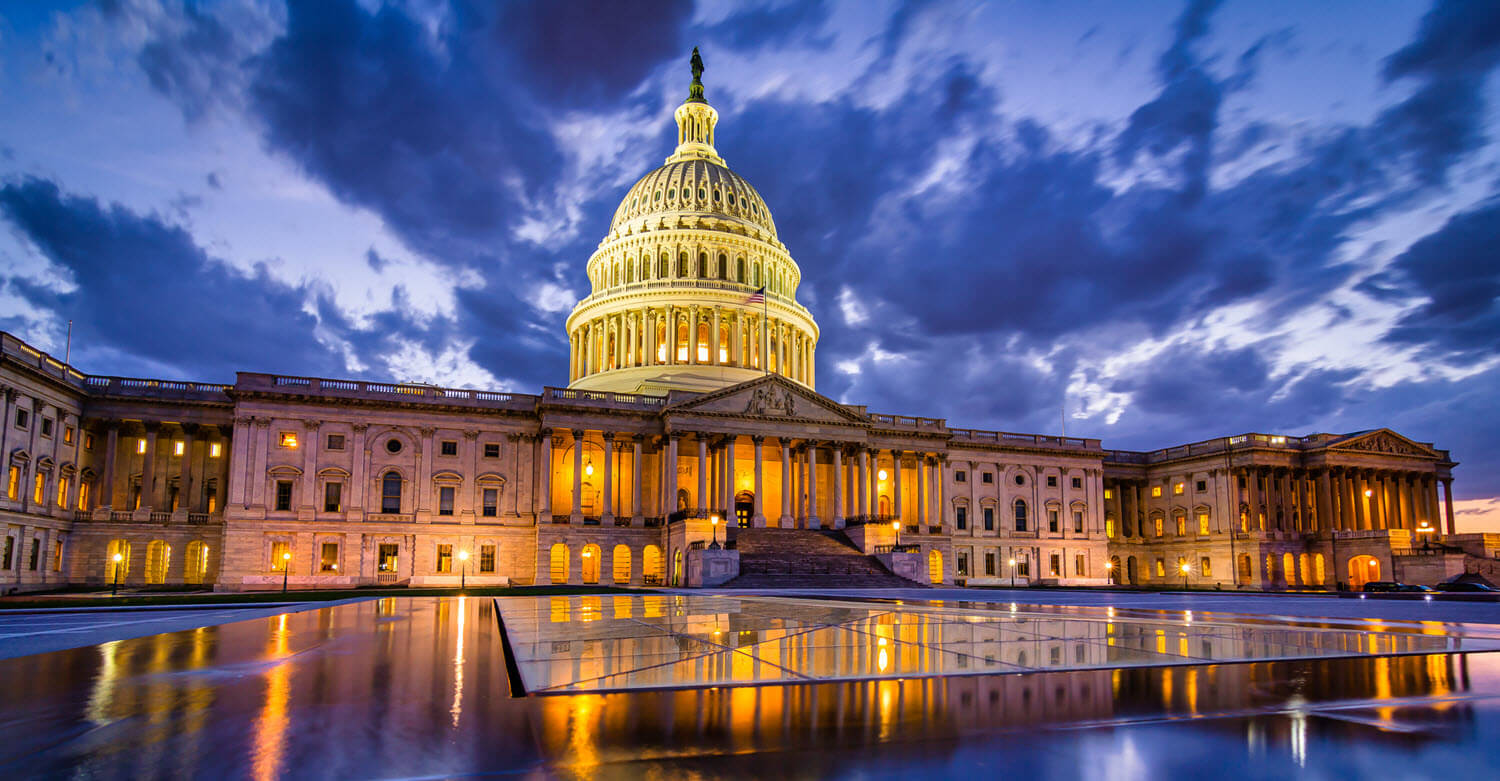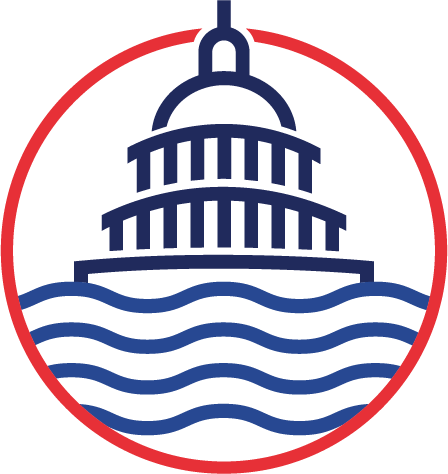
Water Advocates Program
Make your voice heard! Share your knowledge and expertise to inform government decision-makers about the importance of water.
Let’s speak with a united voice for water!
Aging infrastructure, strict requirements, and continued economic pressures have put unprecedented stress on local governments and agencies that provide essential water services. Elected officials are being called upon to make tough choices that will impact water quality and the viability of our communities for generations to come.
The Water Advocates Program helps you to reach out to and connect with elected officials on important water quality issues.
BECOME A WATER ADVOCATE download the wef advocacy toolkit
↓ Scroll Down to Contact Your Member of Congress Now! ↓

Water Week 2025 | April 6-12
National Water Policy Fly-In – April 8 – 9, 2025
Join water professionals from across the nation to help advance key water policy priorities such as sustained growth in federal infrastructure investment, addressing water affordability, supporting water research and development and advancing sound science-based solutions, and making our critical infrastructure more resilient.
Make Your Voice HeardJoin or Renew Your WEF Membership Today
Connect with our community of water professionals who ensure that our local communities have access to clean water that protects public health. Explore our member benefits and find the membership type that’s right for you.
Visit Our Community Platform
This virtual workspace, called WEFUnity, empowers WEF members to network and collaborate in an online environment.
See what's happening in the Community PlatformEXPLORE ALL PRACTICE AREAS
WEF is a source of high-quality technical resources featuring the latest research, news, and education. WEF's members and other credible resources have created and compiled this information into the Practice Area groupings listed in the dropdown menu.

